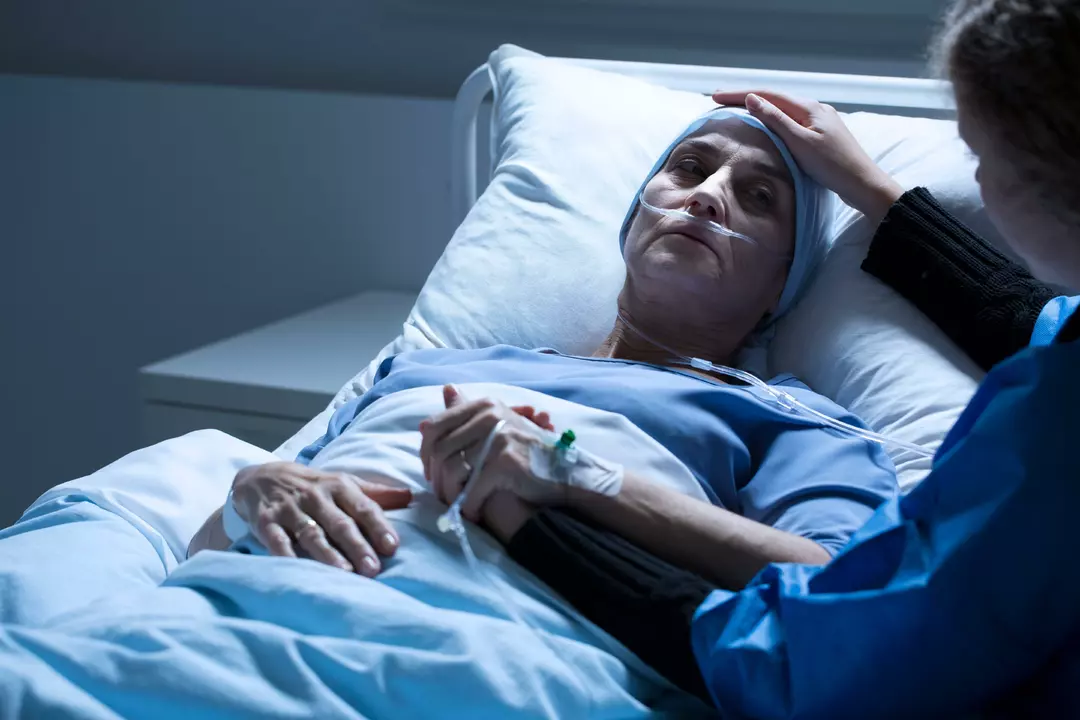Cancer Patients: Practical Medication and Safety Tips
If you're a cancer patient, the medication list can get long fast. From chemo drugs to pain pills, anti-nausea meds and vitamins, keeping everything straight matters. This page gives clear, usable steps to protect your health and make daily care easier.
Medication Safety Around Chemotherapy
Always carry an up-to-date medication list. Include prescriptions, OTC drugs, supplements, and herbal remedies. Show this list to every clinician or pharmacist you see. One missed interaction can change how chemo works or raise side effect risks.
Talk to your oncologist before adding any supplement. Some common supplements, like St. John's wort, can interfere with chemo or targeted drugs. The same goes for high-dose vitamins or herbal blends—don’t assume “natural” is safe.
When you order meds online, pick a pharmacy you can trust. Look for a physical address, licensed pharmacist contact, secure checkout (https), and third-party seals like CIPA for Canadian pharmacies. If something feels off—prices wildly low, no prescription required—stop and call your care team.
Store chemotherapy and supportive drugs exactly as instructed. Some meds need refrigeration; others must stay away from light. If you aren’t sure, ask the pharmacist. Proper storage keeps drugs effective and lowers risk of harm.
Know when to seek urgent help. If you have a fever of 100.4°F (38°C) or higher during chemo, call your clinic immediately—neutropenic fever can be life-threatening. Also report sudden shortness of breath, severe bleeding, or confusion right away.
Everyday Tips: Nutrition, Symptoms, and Support
Keep a simple symptom log. Note nausea, stool changes, mouth sores, and pain levels. Share it at appointments so your team can adjust meds quickly. Small notes help more than vague descriptions.
Use one pharmacy when possible. An oncology-experienced pharmacist will spot dangerous drug interactions and suggest safer alternatives. They can also help with prior authorizations and teach you how to take medications with food or on an empty stomach.
Plan for side effects before they hit. Ask for anti-nausea prescriptions to use at home, and learn safe pain strategies—combine non-drug options (ice, heat, gentle movement) with meds when appropriate. For constipation from opioids, get a preventive laxative plan rather than waiting until it’s severe.
Mind your vaccines and infections. Live vaccines are usually avoided during active chemo—check with your oncologist. Wash hands, avoid crowded sick places when your counts are low, and report signs of infection early.
Financial and emotional support matters. Ask your care team about assistance programs for drugs and co-pays, and join a support group—online or local. Practical help with rides and meals can make treatment days less stressful.
Finally, keep asking questions. If a new drug name shows up on your chart or a refill looks different, call your pharmacist or clinic. You don’t need to memorize everything—just make sure someone you trust is watching your meds with you.

The Impact of Everolimus on Quality of Life for Cancer Patients
May 21 2023 / OncologyEverolimus has significantly impacted the quality of life for cancer patients in a positive way. As a cancer treatment, it works by slowing down the growth of cancer cells and has been quite effective in treating various types of cancers. Many patients have experienced improved health outcomes, reduced symptoms, and increased overall well-being after using Everolimus. Additionally, the medication has been shown to help manage side effects from other cancer treatments, making the journey a bit more bearable for patients. Personally, I am moved by the stories of those who have found relief and hope through Everolimus, and I'm grateful for the advancements in cancer research that have made this possible.
VIEW MORE